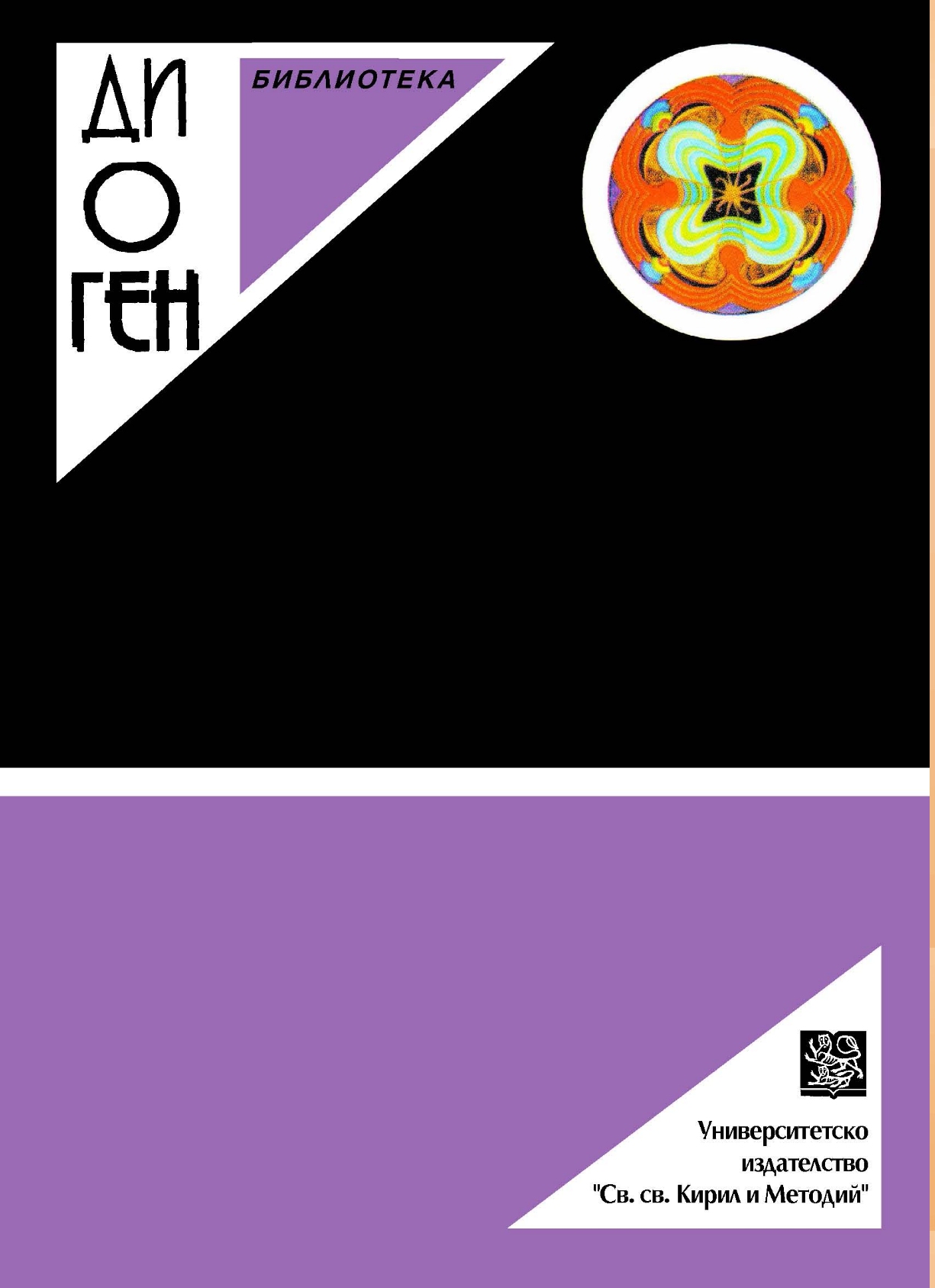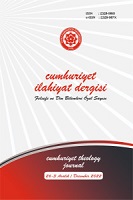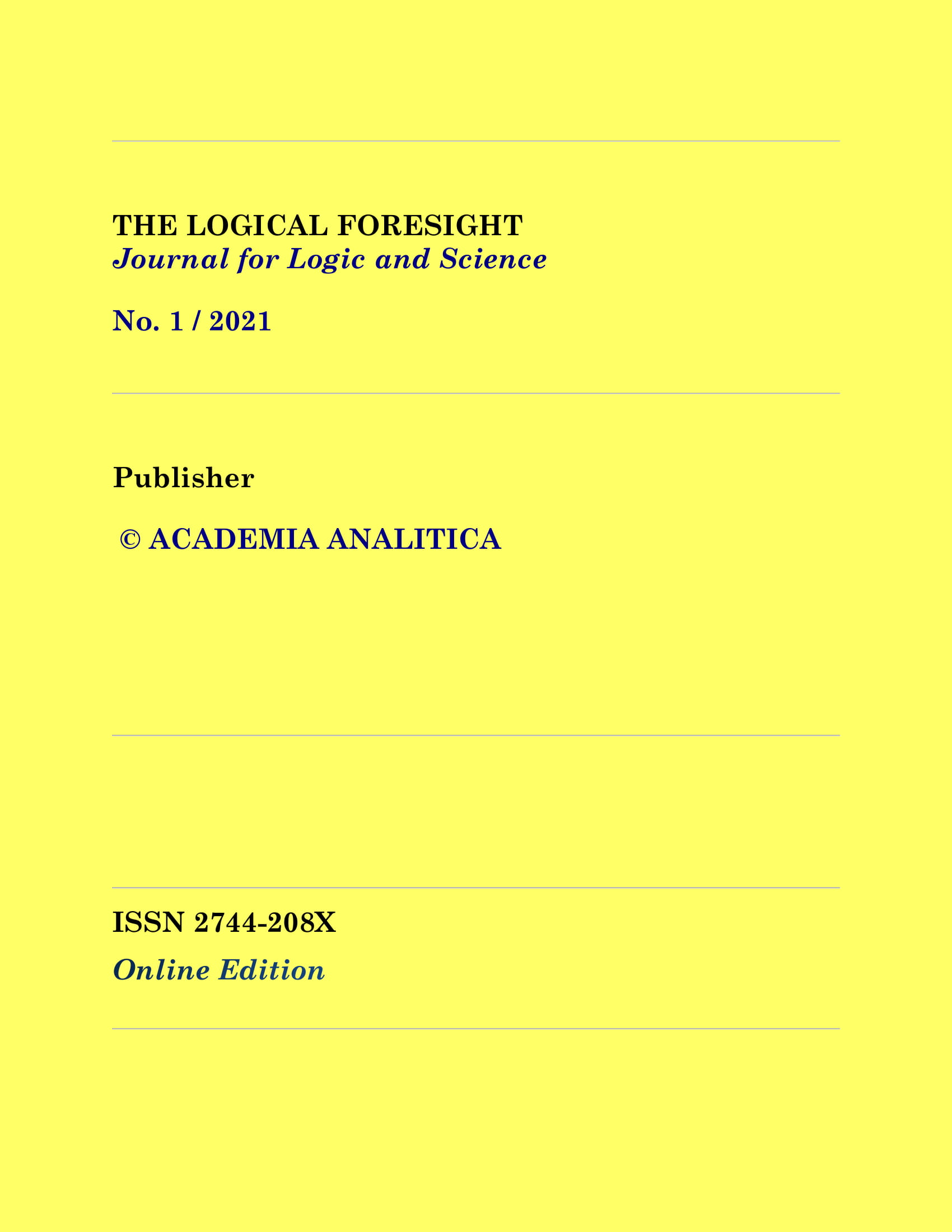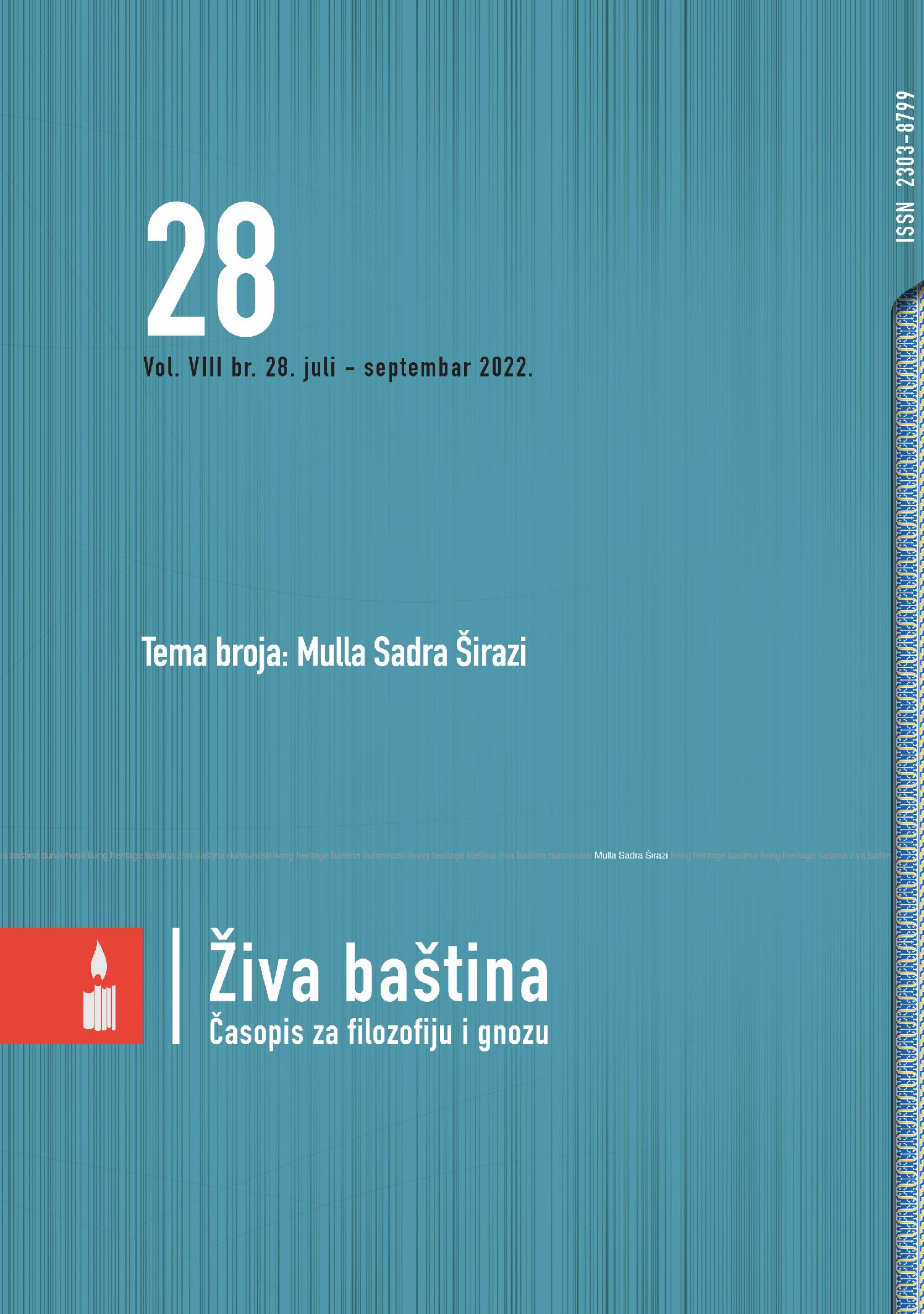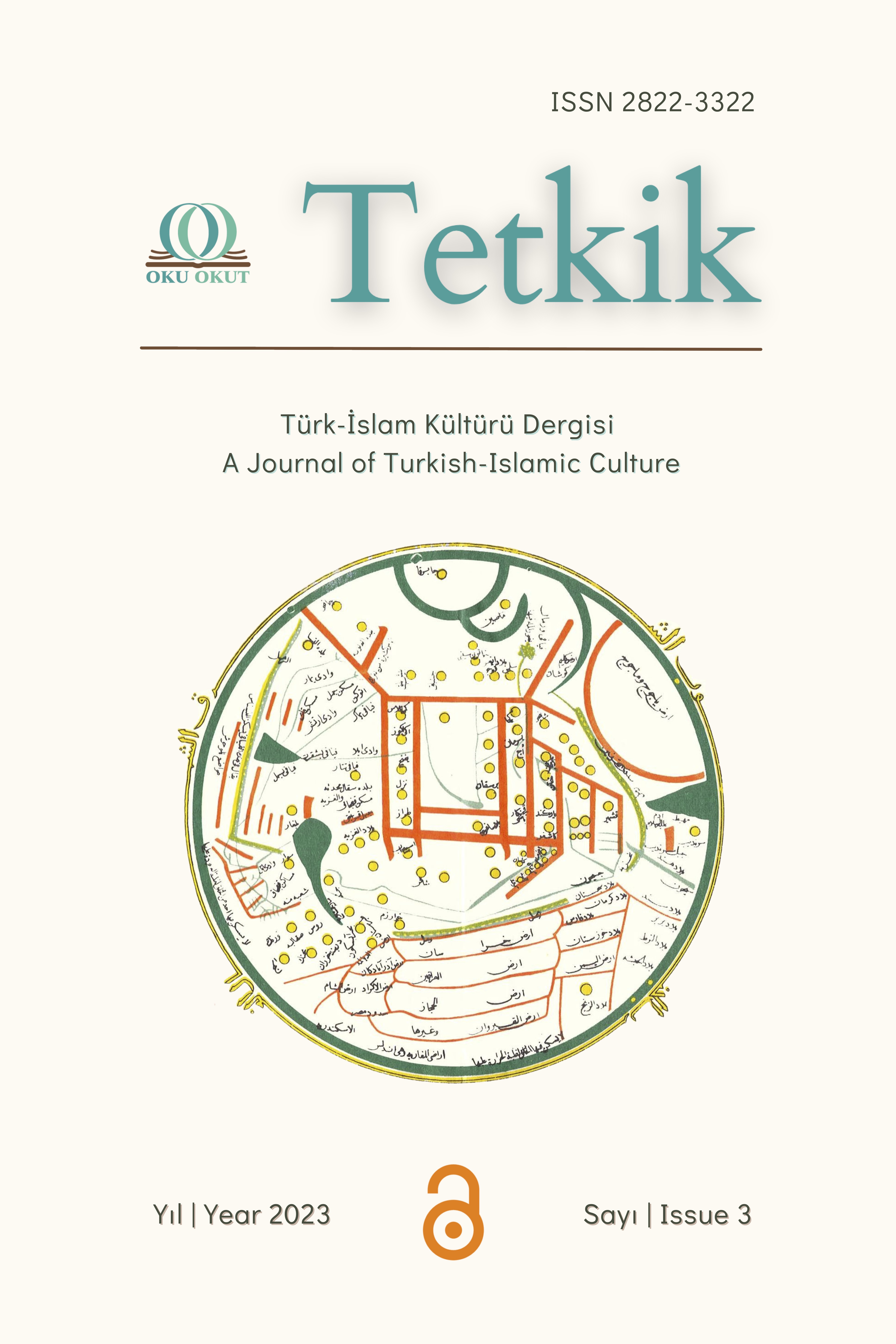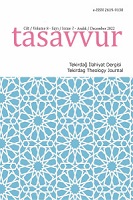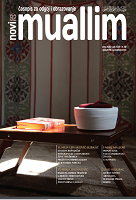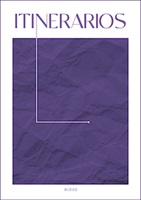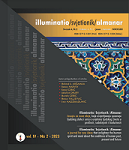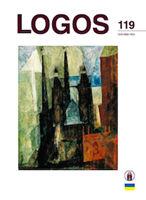Author(s): Hasan Er / Language(s): Turkish
Issue: 3/2022
Almost all theses produced in the name of religion in modern thought and later in the West were realized in the form of a reckoning with the thought of the Middle Ages. The deism and atheism of the Enlightenment, which saw all kinds of reference sources other than natural theology, which is directly related to the scientific revolution, rational theology, which is the extension of the rationalist philosophy of modern thought, and reason, were produced because of the reckoning with the understanding of medieval religion. For this reason, the positive or negative discourses produced about religion in the mentioned periods should be understood by considering the tension between these two periods. It is obvious that religious philosophies, produced in a period when the understanding of the geometric universe and philosophies centered on the mind were widely accepted, could not remain indifferent to these developments. For example, deism is, on the one hand, the result of the search for an alternative to the elimination of the medieval church institution, on the other hand, it is the theoretical extension of rationalist discourses that eliminates all sources of reference other than reason. The same interactive situation is valid for the discourses produced about religion in the contemporary Western thought. However, this time, although the tradition of criticism regarding the understanding of religion of the Middle Ages continues to a certain extent, rational religious philosophies produced within the framework of the claims of modern thought and the Enlightenment that prioritizes reason were also criticized. For example, Nietzsche's (d. 1900) "God is dead" statement and Heidegger's (d. 1976) concept of "onto-theology" are criticisms of the absolute acceptance of the metaphysics of being constructed within the epistemic boundaries of man. Apart from this, Marx's (d. 1883) determination that "religion is opium" is directly related to the social processes of Western thought. As a matter of fact this interactive situation, which we have expressed in the examples, is quite normal when the Western thought's own adventure is taken into account. However, when the mentioned problem and the solutions produced for these problems are generalized to include other societies and thoughts, a reduction problem is experienced. Nietzsche's statement "God is dead", Heidegger's critique of "onto-theology" and Marx's statement that "religion is the opium" does not seem to be meaningless reactions when their historical context is taken into account. Furthermore, deism is not very strange belief for the society lived in the Middle Ages. However, if these discourses about religion are abstracted from their own climate of thought and accepted as a common problem or solution for all cultures and religions other than the West, confusion of meaning will be inevitable. The allegations in question should be understood within the framework of the theoretical, historical and social background that is the source of the problem, and should not be considered general determination that deny all religions and God. The same is true for the terms deism and atheism, which have a meaning and integrity in the tradition of Western thought and are directly related to the West's own religious and philosophical past. Treating these two terms as if they are the common problem of Islam or any other religion without considering the historical ties will not go beyond being a reduction that does not consider the particular existence conditions of other religions. In addition to the examples we gave, the concept that we want to focus on and which we see as a more chronic example of the insertion of a concept that was formed depending on certain historical or social conditions into the meaning world of another religion is theism. The reason why we define theism as a more chronic problem is that it is accepted as a concept compatible with Islamic belief, unlike the concepts of deism and atheism. In this study, the drawbacks of direct use of the concepts of deism, atheism and especially theism, produced in the tradition of Western thought, as a specific form of the problematic, which is defined as the transfer of a concept that emerged in certain cultural atmosphere to another cultural atmosphere, will be discussed. First, by reviewing the philosophy of religion studies conducted in Turkey, the fact that three concepts mentioned are directly transferred to the philosophy of religion studies carried out in the Islamic world will be presented as a problem and this situation will be defined as the reduction of Islamic belief to some other concepts. The aim to be achieved by emphasizing such a problem is to remind the importance of understanding the principles of Islamic belief in its own meaning, without reducing it to other meanings. This is because every concept produced within the tradition of Western thought is directly related to its own intellectual and practical history. For this reason, when a solution or criticism that is formed in a different sense or dependent on a certain practical past is brought to Islamic thought, the philosophical and practical past of those concepts will also be transferred. However, every belief should be evaluated by considering its own meaning and history. Evaluating this problem through concepts that Islam directly rejects, such as deism and atheism, is more understandable than the concept of theism. However, when it comes to the concept of theism, problem becomes quite complex. Because in almost all sources, Islam is defined as a theistic religion and this is considered as a necessary pre- suppossion for the Islamic belief. However, theism is the understanding of God in modern Western thought, in which Descartes’s rationalism and Newtonian mechanics are accepted as the dominant element. Such an understanding of God, built within the epistemic boundaries of the thinking agent, is incompatible with the Islamic conception of God.
More...
